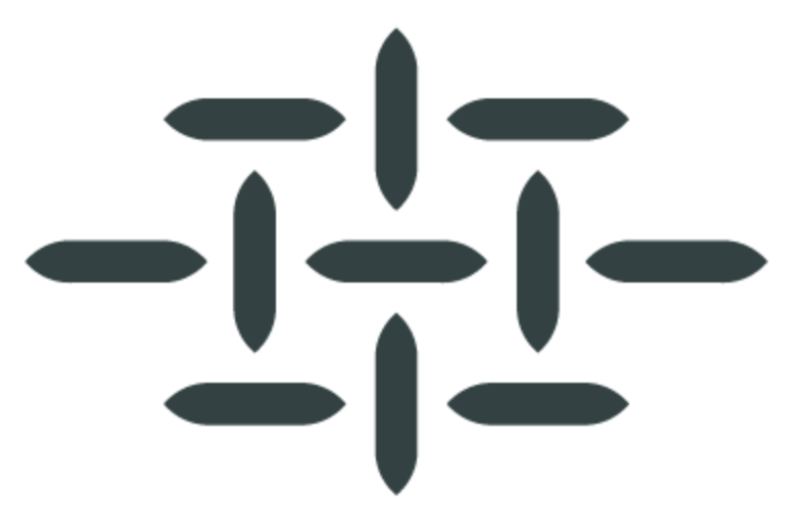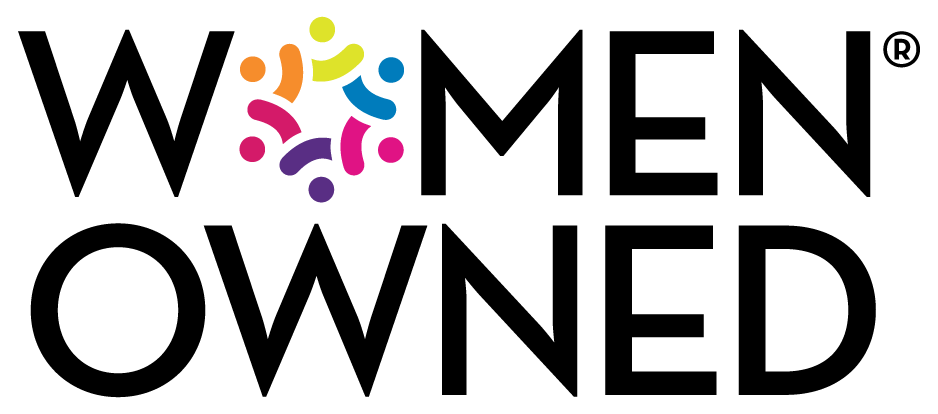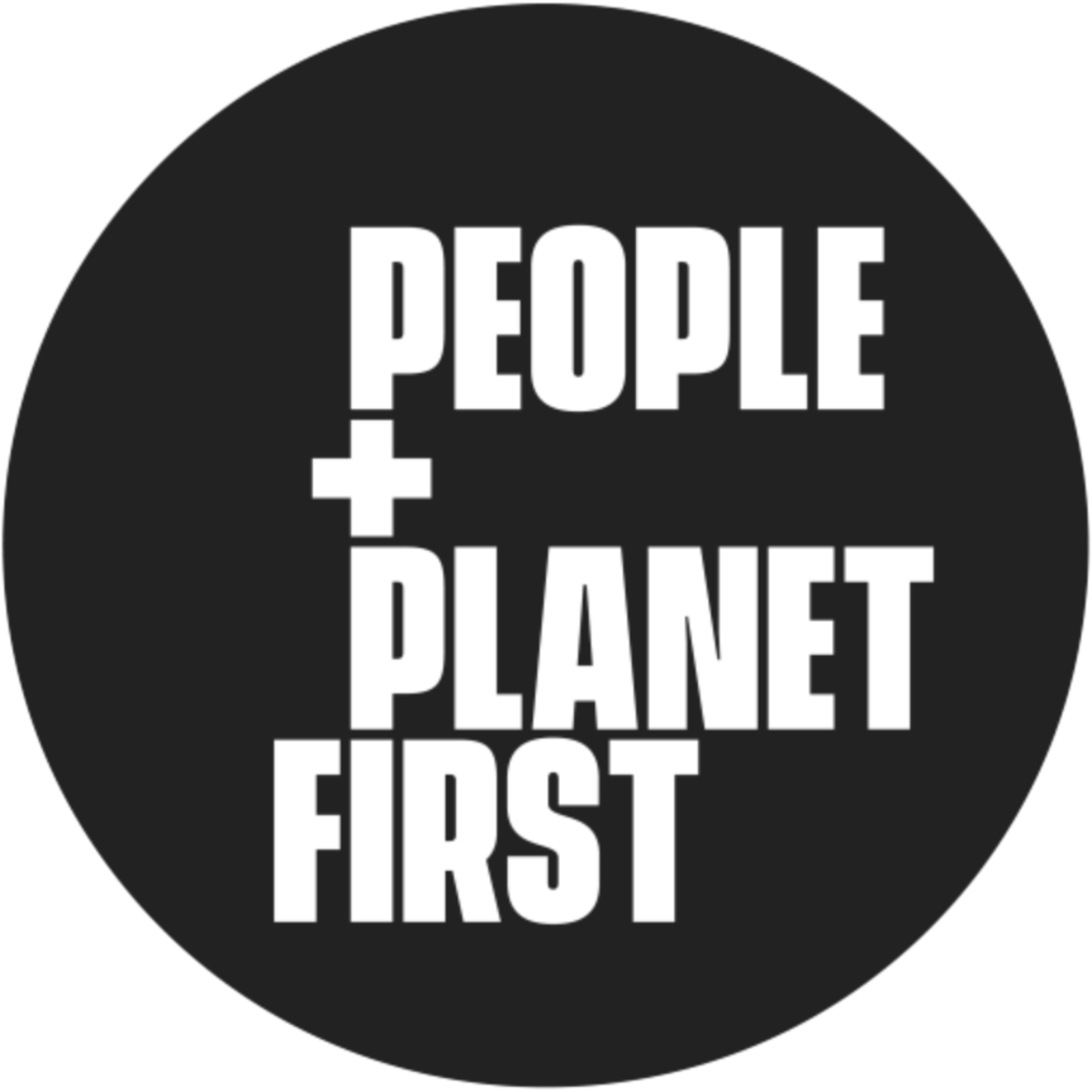 Hanifa Javadi at the Living Color Gala
Hanifa Javadi at the Living Color Gala
Seven years ago, Hanifa fled to Pakistan after facing years of abuse and discrimination in Afghanistan. Without a way to earn money as a refugee, Hanifa hung a small sign on her door and began making clothes for people.
It was not until Hanifa resettled in Salt Lake City, Utah that she connected with Ethik. As a part of our impact philosophy, we collaborate with artisans to identify what they need to sustain and grow their craft, then work to secure funding and resources to fill those gaps.
Through the funding obtained, Hanifa was able to secure her own office space, gather materials, and buy additional sewing equipment.
 Hanifa, working on an order for 10,000 cork bags in her office.
Hanifa, working on an order for 10,000 cork bags in her office.
What began as a means to survive has turned into a business with the mission to provide employment and skill development to Afghan refugee women in Utah.
When it was Hanifa’s turn to be recognized at the event for her work as an inspirational leader in the community, she walked onto the stage to accept her award and communicated her gratitude.

Headshot of Hanifa taken by Utah Business.
“I am so honored to be here tonight,” Hanifa explained to a crowd full of people in suits and gowns gathered around tables and eagerly waiting to hear more about her work. She explained how life in Afghanistan was difficult as a child bride. “I had no freedom,” she said, “but I would dream about one day owning my own sewing business.”
Hanifa took a deep breath and covered her face in an attempt to compose herself, saying, “sorry, I have stress” through tear-filled eyes. The audience clapped, encouraging her to continue.
In her wildest dreams, Hanifa never expected to be at a podium talking to people about the business she started, when only five years prior she had arrived in the United States without knowing any English or having the means to support her family.
Into the microphone, she said, “I came to Salt Lake City as a refugee, divorced and a single mother to my three kids. I was excited to see the women here; they could drive, and they could walk around by themselves. I wanted to be strong like them. In 2020, I started Free Women, and over the past year, I have employed 26 women who are from Afghanistan.”

Women gathered to learn how to create a specific design at Free Women
Through her work with Free Women, Hanifa has learned that true freedom can only be accomplished when individuals are financially liberated through fair and just employment opportunities.
“Free Women, for me, means freedom.” Hanifa ended as the crowd of people rose to their feet and applauded her, giving her a standing ovation.
When Hanifa finally made her way back to her table, she said, with tears in her eyes, “I did it.”
-----
Hanifa’s full speech:
I’m so honored to be here tonight. Life was difficult as a child bride in Afghanistan. I had no freedom, but I would dream about one day owning a sewing business that would give women income so they could [gain] freedom.
In 2016, I came to Salt Lake City as a refugee, divorced and single mother to my three kids. I was excited to see the women; they could drive a car, and they could walk around by themselves. When I saw them, I wanted to be strong like them.
In 2020, I started Free Women, and over the past year, I have employed 26 women who are from Afghanistan. I have taught each of them to sew beautiful items.
[Through] this job, they can make money, [and have more] freedom. Free women, for me, means freedom.








